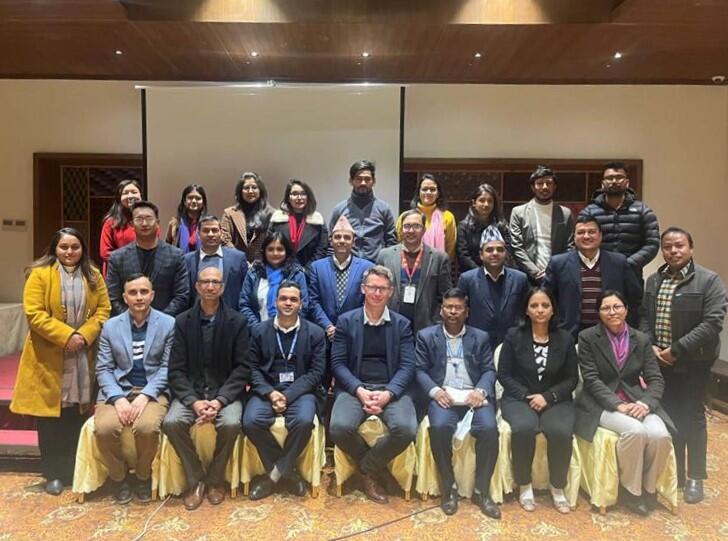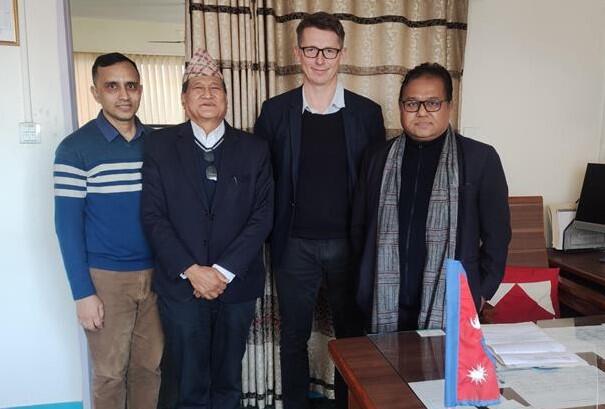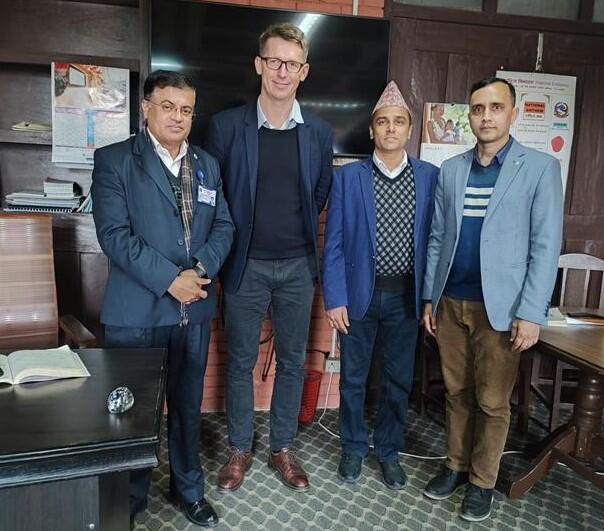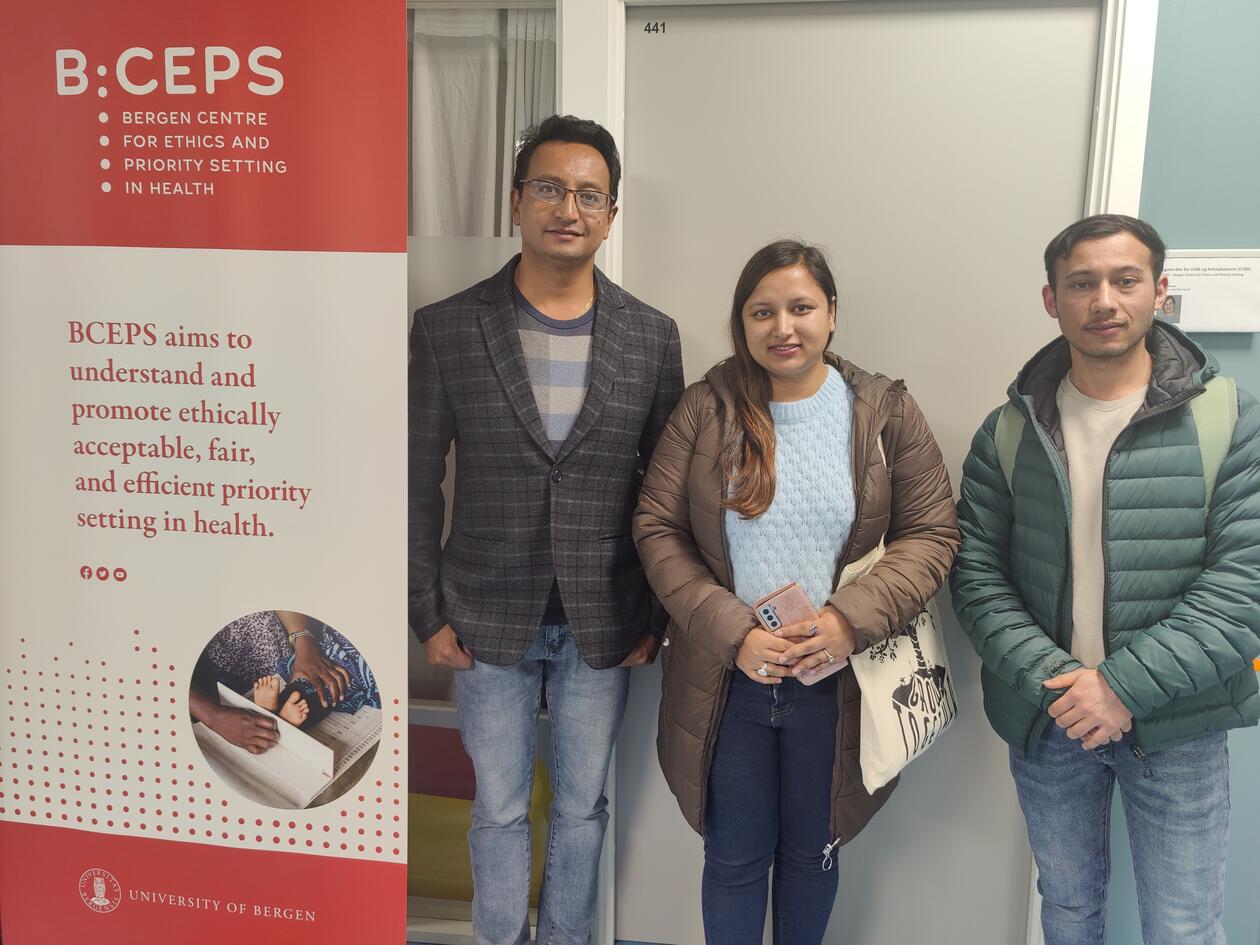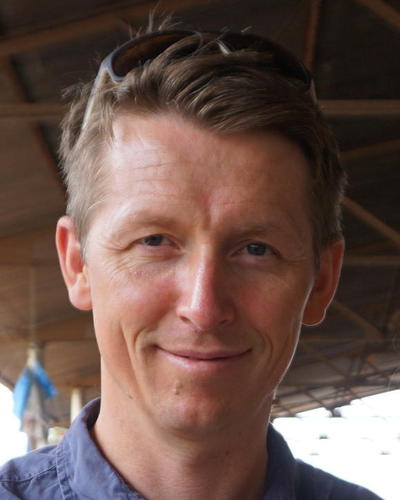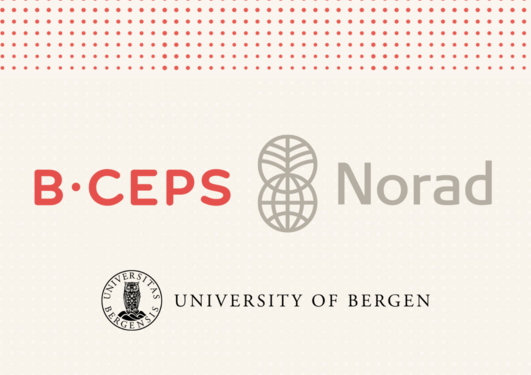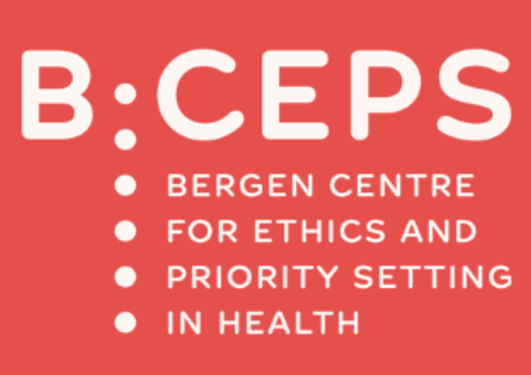Prioritizing Health System Interventions for UHC in Nepal
Priority Setting for UHC in Nepal

Main content
Project Introduction
Priority Setting for universal health coverage (UHC) in Nepal is led by Krishna Aryal, Senior Researcher at BCEPS. The project is a part of the multi-country NORAD funded priority setting project – Essential NCD Interventions Project led jointly by professors Ole F. Norheim and Kjell Arne Johansson.
Krishna along with Pratik Khanal (PhD Research Fellow at BCEPS, UiB) and the in-country lead Dr Biraj Karmacharya (Kathmandu University) forms the core team of the project with the guidance and technical support of Ole F. Norheim and Kjell Arne Johansson. The team in the implementing partner, Centre for Integration Science in Global Health Delivery (CIS), Harvard Medical School’s Brigham and Women’s Hospital (BWH) – CIS, Harvard/BWH is led by Gene Bukhman, the director of the centre and Associate Professor of Global Health and Social Medicine, Harvard Medical School, and Associate Professor of Medicine at BWH. The 4-year project started from January 2022 with the overall goal of improving efficiency, equity, and financial risk protection for maximizing equitable health outcomes among people of Nepal in the path to UHC.
The project aims to support one of the strategies of the National Health Financing Strategy 2023–2030: strengthening health financing (HF) governance in Nepal, through the following objectives.
- Develop a health benefit package (HBP) / essential health care package (EHCP) with prioritization of health program interventions using a thorough process of economic evaluation for guiding health sector investment.
- Strengthen health economics (HE) capacity of Nepalese health sector contributing sustainable and institutionalized HE capacity.
- Generate recommendations for integrated delivery of priority interventions in the context of Nepalese health care delivery system.
Approach
Under the aegis of Ministry of Health and Population (MoHP), Nepal, BCEPS along with its implementing partner CIS, Harvard/BWH aims to work in close coordination and collaboration with all relevant stakeholders in the local context including WHO country office, Nepal to meet the above objectives. The project aims at longer term and sustainable capacity building in HE and priority setting in health in Nepal’s health sector. The project will also ensure collaboration with local institutions such as Nepal Health Research Council, Kathmandu University, and Nepal Health Economics Association among others. This is in addition to supporting the National HF Strategy in the immediate term to prioritize health program interventions and initiation of activities for HE and priority setting capacity strengthening in the health sector.
Priority setting exercise
will make use of FairChoices – DCP Analytics Tool developed by BCEPS in collaboration with Disease Control Priorities (DCP) team at University of Washington. The FairChoices tool is a web-based decision support resource to assist policy makers in setting priorities between a large set of health interventions. The tool will be tailored to national priority setting processes considering the local contextual factors and evidence available. This will help the actors and stakeholders in Nepal to easily identify best pathways for reaching UHC by combining high quality evidence on demography, epidemiology, efficacy, effectiveness, cost-effectiveness, extended cost-effectiveness, equity impact, and financial risk protection of interventions.
Health Economics Capacity Strengthening
Alongside the priority setting exercise through a systematic use of economic evaluation tools and other approaches as mentioned above, the project will also support strengthening HE capacity in Nepal’s health sector through a tailored approach of fellowship that includes modular training & orientation, implementation-based learning, real-life implementation exercises on HE tools and techniques, and mentored publication of work. In doing so, the project will work closely with other partners and collaborators in Nepal to ensure a longer term sustainable and institutionalized capacity building in Nepal with the MoHP at its core. The capacity strengthening is expected to institutionalize regular priority setting exercise of health system interventions using HE tools and techniques aiming at maximizing population outcomes with equitable access towards the path of UHC. This is on top of graduating at least one PhD and 4 masters’ students during the project period along with additional support to masters’ students at Kathmandu University, Nepal in different forms such as through modular courses, thesis support and others.
Integrated care delivery
Generate recommendations of priority interventions for integrated care delivery based on evidence from the project implementation through the following exercises:
- such as time-driven activity-based costing (TDABC) of selected interventions at different levels of healthcare delivery in Nepal,
- defining and describing the current organization and cost of delivering the interventions, and
- modeling the integration of priority interventions and piloting the integrated care delivery and defining the cost and organization of it.
Working with the relevant units under MoHP, Nepal work towards institutionalizing its continuous use in Nepalese health system to implement priority interventions on a larger scale. For the global benefit the aim is also to incorporate this tool within broader disease control priorities (DCP) UHC planning methodologies that can be adopted in other similar countries around the world.
Expected Outputs
- Essential UHC package with prioritization recommended for Nepal.
- Trained human resource graduated with expertise in HE and priority setting including a Nepalese PhD graduate and master’s students.
- Health sector capacity strengthened on HE and priority setting and the capacity institutionalized within MoHP.
- Local capacity-building initiatives on HE and priority setting institutionalized in selected academia.
- Knowledge products (technical report, evidence briefs, manuscripts) published including peer-reviewed publications in journals.
